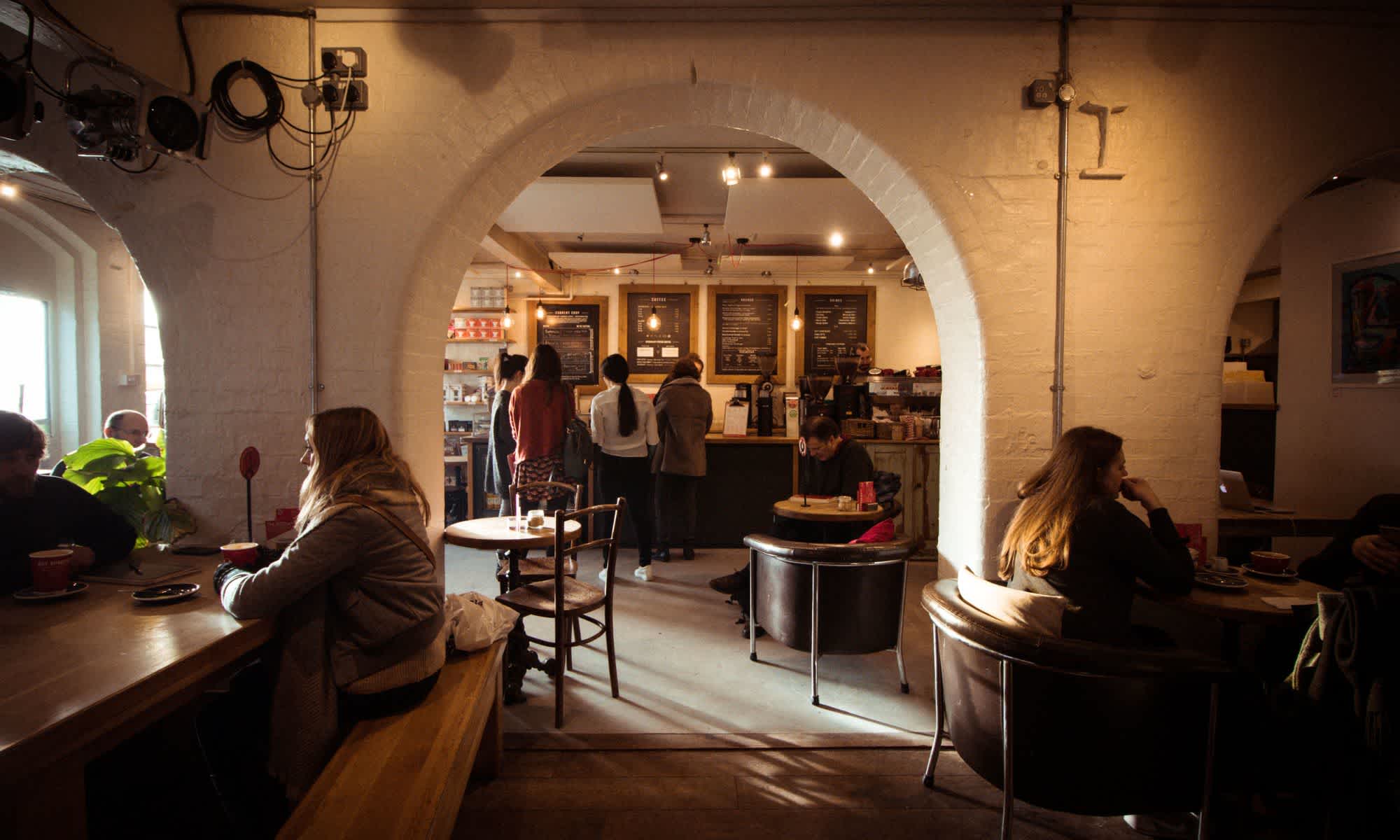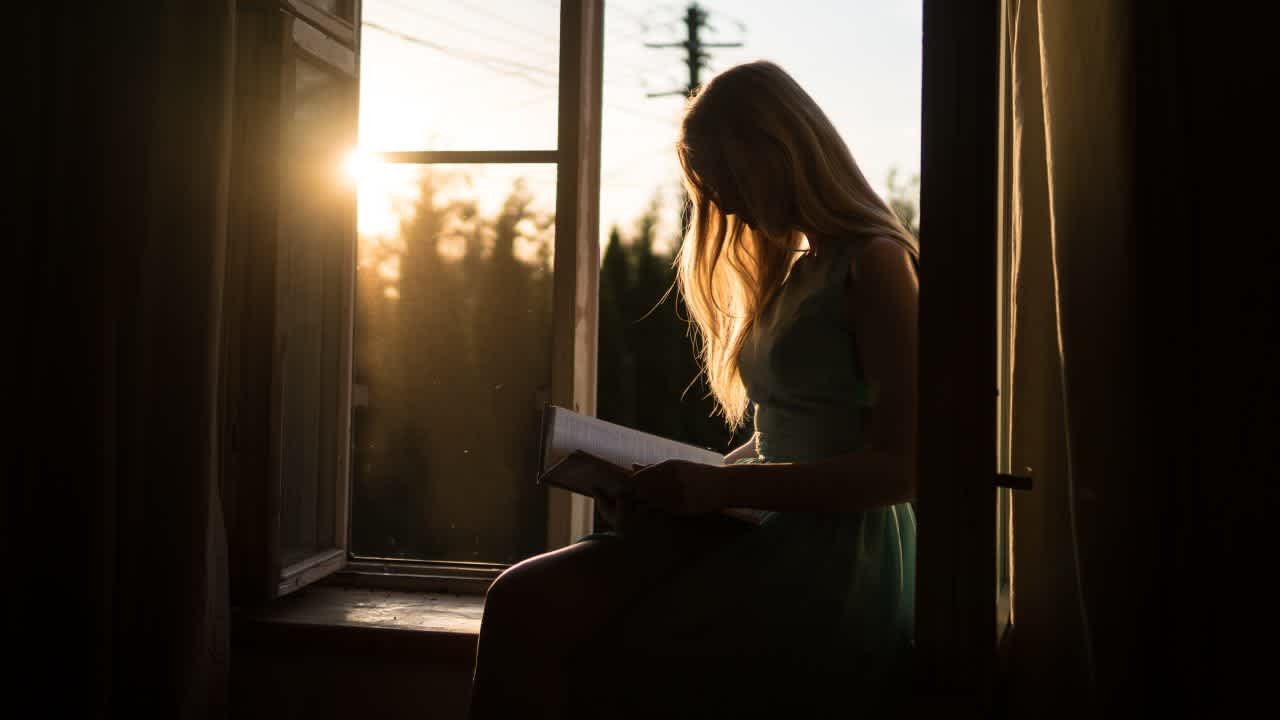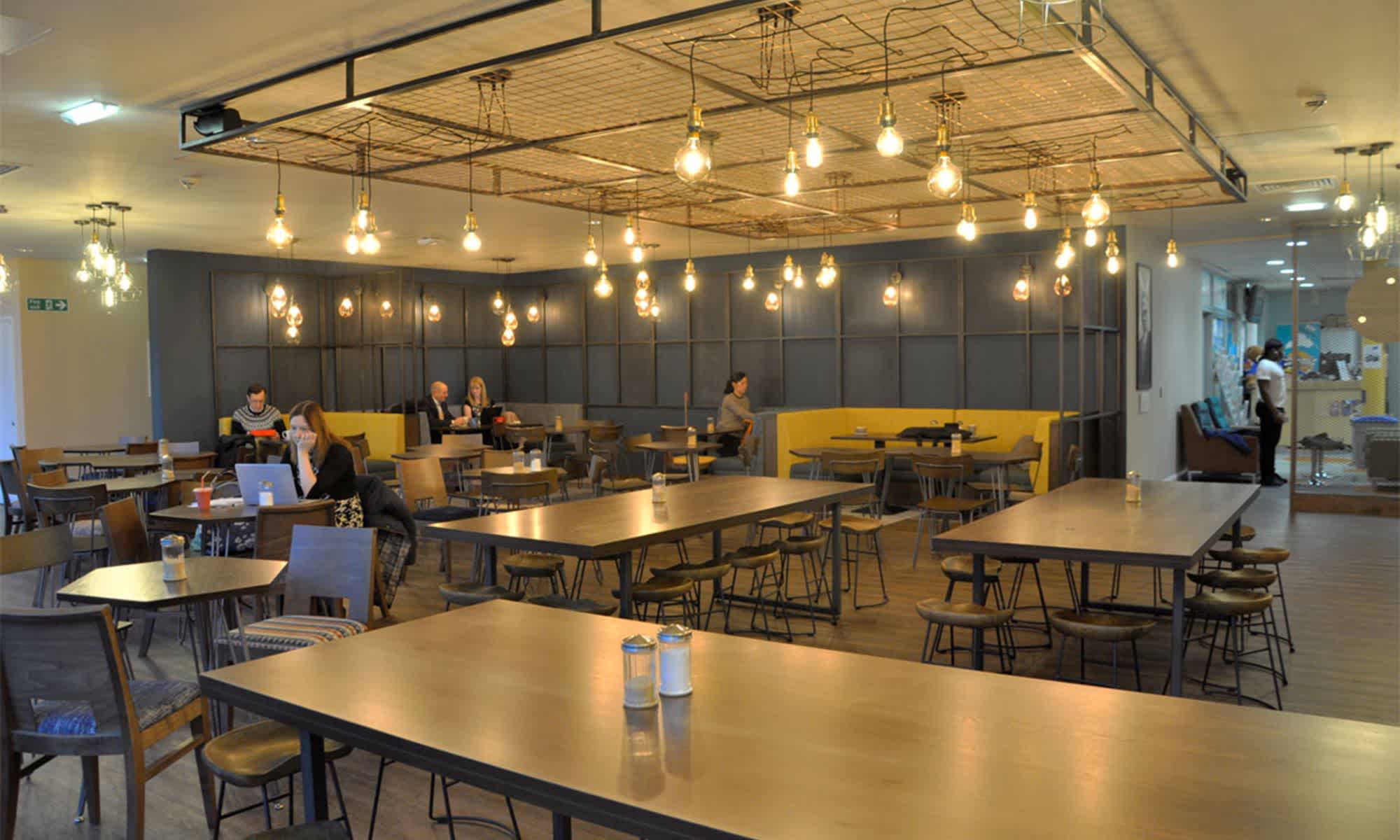
The best time of the day to drink coffee as a student
Reading time: 12 minutes
When to drink coffee? As students that is a question best answered in the morning a few minutes before the 9 am lecture. It is hard to find students that don’t rely on a caffeine boost during the day to get them through their lectures, seminars and study sessions.
You may have noticed that sometimes, no matter how much coffee you drink, you just don’t really feel any more energy than you did before (which isn’t really good). Why is that? Well, that’s because you need to maximise the effectiveness of your coffee by only drinking it at certain times of the day.
What are the benefits of coffee?
There are good reasons to drink coffee and there are a few reasons not to. After all, you may have a caffeine-hater in your life. You know the type, they’re always telling you what’s bad for your health – all while they are stirring their tea tags.
In all seriousness, here are some scientific reasons you should drink coffee in moderation when at university: Firstly, it increases your fibre intake. That’s right a cup of brewed coffee represents a contribution of up to 1.8 grams of fiber of the recommended intake of 20 – 38 grams… not bad for a morning cure.
Secondly, this reason is targeted at those students who drink alcohol like it’s water, drinking coffee is a good protection against cirrhosis of the liver. So you can drink knowing tomorrow’s cup of joe has you sorted Kind of. Of course, you could just cut down on the alcohol intake. But then that makes university and studying less fun and worthwhile… sober conversation with your course mates is not as fun as it seems after slamming a few Jaegers.
The third and final reason to drink coffee when at university is that it is more likely to reduce your risk of type 2 diabetes. As a university student your so called diet consists of pot noodles, 6 packs of anything that comes canned and living on liquid dinners… so diabetes is just one of many health risks students run foul of to name but a few. For those students who consume up to 6 or more cups of (black) coffee a day had a 22% lower risk of diabetes. Making those coffee shakes worthwhile.
For most people, coffee can be a healthy part of their diet. It is fine to enjoy a couple of cups a day, unless you can’t control your consumption which brings us onto our next point;
What are some of the arguments against coffee?
Okay, coffee isn’t always great for everyone. Here are some reasons why it can be disruptive to your studies.
First of all, caffeine can reduce your sleep quality. Caffeine is a natural stimulant for the brain, so this will have an affect on your sleeping patterns and the quality of sleep you will get during term time. Even if you don’t drink coffee before you go to sleep it can still have an effect on the amount of solid sleep you get. Many university students who have stopped drinking coffee or reduced their intake have noticed significant changes and improvements in the quality of sleep they get every night.. So if you are a big coffee drinker during term time and can’t rest or sleep at night, reduce on your everyday caffeine intake and see if this helps.
What’s more, coffee can cause tooth decay and staining. Yep it actually can only take 1 cup of coffee a day to begin staining your teeth. This can also be the case for certain types of tea. Depending on where you get your coffee from, and how much sugar you put in it, coffee can also cause tooth decay. This is often the case if you are drinking flavoured coffee or lattes from the likes of Starbucks. A major reason on why you should look at reducing or cutting out your caffeine intake during term time.
Sure, drinking coffee may have its benefits. We may love the taste and the energy it gives us on Monday mornings when we’re struggling to wake up. However, drinking coffee and having a reliance on it comes with quite a few side effects and dodgy health risks if you drink too much. So the key is drinking coffee in moderation.
When is the best time to drink coffee?
Coffee in the morning is… not ideal or to use a more abrasive term ‘don’t drink coffee in the morning’ if you can help it. Why is coffee in the morning not ideal? Well it’s because it’s not worth it or needed. Okay yes, having this conversation with someone at 8 am might make that point repugnant, but it’s true. Your morning cup of coffee is as necessary as those egg cups you brought to uni (now doubling up as shot cups). Everyone experiences what’s known as natural cortisol boosts throughout the day, with the daily peak between 8 am and 9 am for most people. Which means any caffeine consumed during this time is largely wasted because you’re already at your natural alertness peak (even if you don’t always feel like it).
When you drink coffee between 8 am and 9 am, your body consumes the caffeine, but doesn’t actually end up needing it, but still develops a tolerance.
Eventually, you’ll end up needing more and more coffee to achieve the same small effect. This is why the period between 8 am and 9 am is the worst and least effective time to drink your morning mug of the good stuff.
What if you are an early riser? So that is a student who is getting up before 8 am… Just like between 8 am and 9 am, you are indeed in no need of caffeine this early in the morning. While a very early mug may help somewhat with waking up, it’s still not a very efficient time to consume caffeine. You’re better off waiting for certain periods, which leads us into that point now.
Okay, so when should you drink coffee? The best time to start drinking coffee in your day is after the cortisol peak. In the morning period, between the times between 9 am and 11:30 am are perfect to consuming caffeine. In the afternoon, the best time is between 1 pm and 5 pm. These periods between natural cortisol boosts are the times where a caffeine jolt will be most effective. Instead of crashing between peaks, you’ll maintain awareness (only somewhat, caffeine can only do so much).
Enjoy your coffee responsibly and it’ll give you the right boost at the right times. And, of course, don’t settle for coffee that you don’t love.
Enjoying a cup of coffee right now? Looking for opportunities after graduation or during your summer break? Then check out Magnet.me For the perfect start to find internships, graduate schemes and graduate jobs that are waiting for you.
Which coffee drink is the strongest?
Caffeine, caffeine hitting your tongue, hitting your gums, seeping into your bloodstream, a poetic thought for an 8 am dash out the door. If you are a caffeine lover and during term time on the lookout for the best and strongest drinks for you to get, then look no further. We here at Magnet.me have you sorted with what we believe to the strongest coffee drinks for you to help make those 9 am’s a little less 9 am feeling.
Costa coffee cappuccino
This, apparently, is the strongest cappuccino of the big high street chains. Most have less than 100mg of caffeine in a 12-ounce cup (the size of a Starbucks Tall): this has 185mg… This is your getaway coffee. What’s more, select Costa stores do student discount. That’s right talk about ideal.
Biohazard Coffee
Its website states “Obtain non stop productivity”. Perfect for those all day study sessions days before finals. The idea of this coffee is that its strength makes you unstoppable, enjoying sleepless night and a willingness to partake in all-nighter study session till your next top up of coffee. This packed coffee is worth looking into for students looking for strong coffee during term time.
F***ing Strong Coffee
If promotional material profanities were milligrams of caffeine then this coffee would be the strongest coffee. With 140 mg of caffeine per cup, this coffee doesn’t f**k about. A no-nonsense swear word packaging and decent effort coffee, is perfect coffee for your student accommodation.
How to drink coffee without becoming addicted?
Stop for a moment and think about how much caffeine you consume. Your morning cup of coffee is obvious, despite our advice against it before 9 am. Also consider how much caffeinated sodas you drink. Then think about how much cups of tea you have and caffeinated snacks you eat. After all that, it can add up pretty quickly and if you’re not careful, caffeine can become a crutch instead of a tool.
To avoid getting addicted to coffee and caffeine start by counting your caffeine intake. From there, slowly begin to cut back if it exceeds a reasonable limit. If coffee is a must for you, kick out other caffeinated drinks from your day to day to something tasty and healthier. And when all else fails do the one thing ALL coffee lovers would never do.. Go to half caf coffee. If you do this will make serious progress.
Look, you don’t have to give up on caffeine and coffee entirely. But you may be ingesting way more caffeine on a daily basis than you think you do. So asking “how much coffee should I should drink a day” depends entirely on what your average intake is. Maybe you want to take back control and get in the driver’s seat and learn how to love your coffee a bit better… Than feel you are in an abusive relationship with it. You can indeed do this without feeling death for weeks or months to get there.
What are the benefits of drinking coffee?
Drinking coffee has a lot of benefits. Besides the fact that coffee increases your concentration and energy level, it also has multiple health benefits. Want to know more? Then read about what the benefits of drinking coffee are.
Is drinking too much coffee bad for me?
Besides some benefits, drinking coffee also has a few downsides. For instance, the caffeine levels in coffee might reduce your quality of sleep. Also, it can leave stains on your teeth and cause inflammation in your body. For more information, read about some arguments against coffee.
What kind of coffees should I drink?
Depending on your motives for drinking coffee, you can choose from a wide range of different kinds. Coffee can differ in taste, caffeine levels and more. Want to know more on this topic? Then read about which kind of coffees there are.






